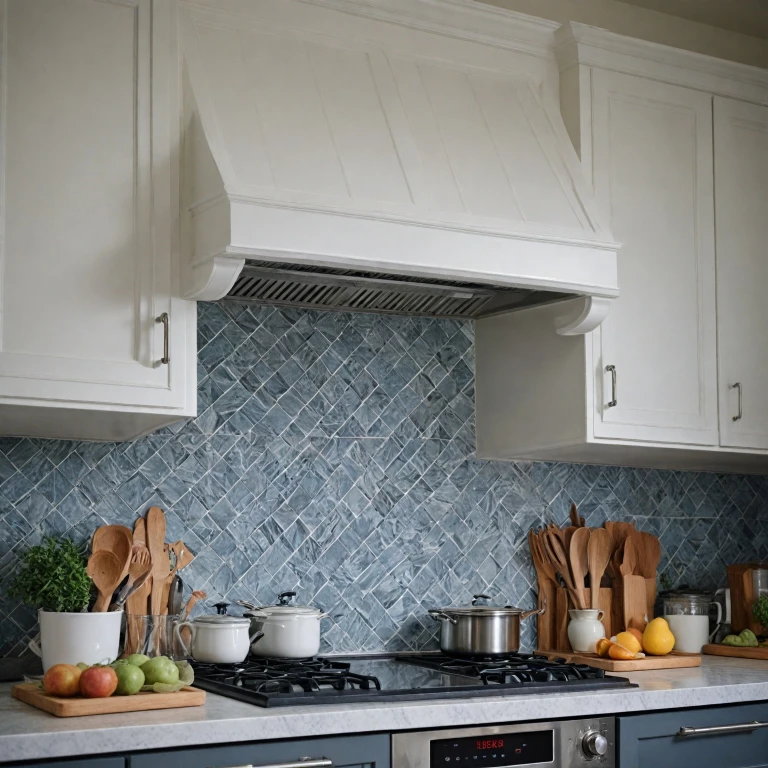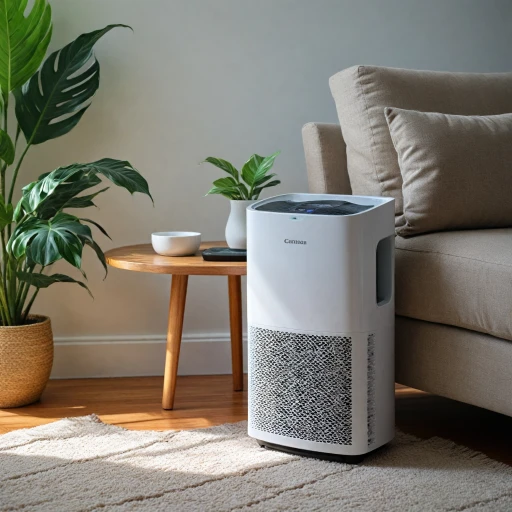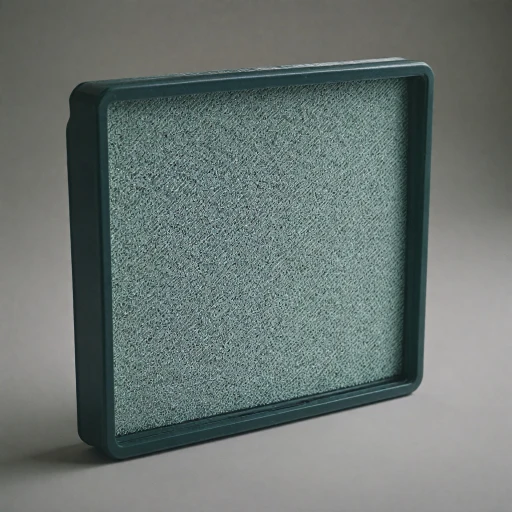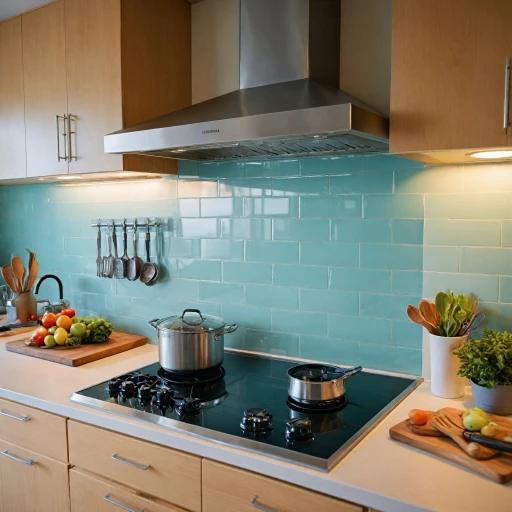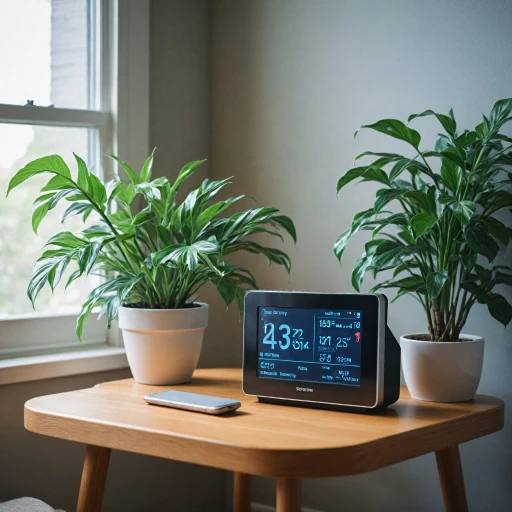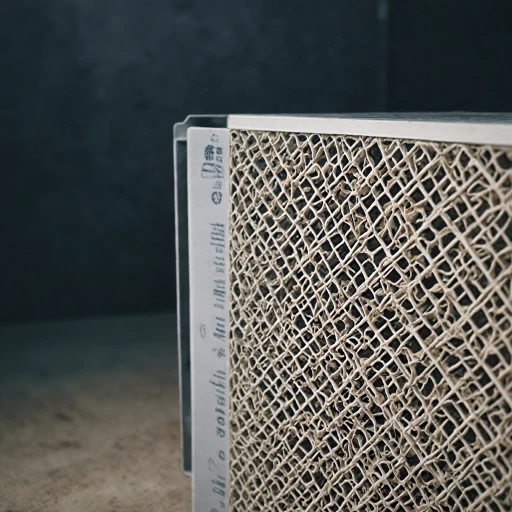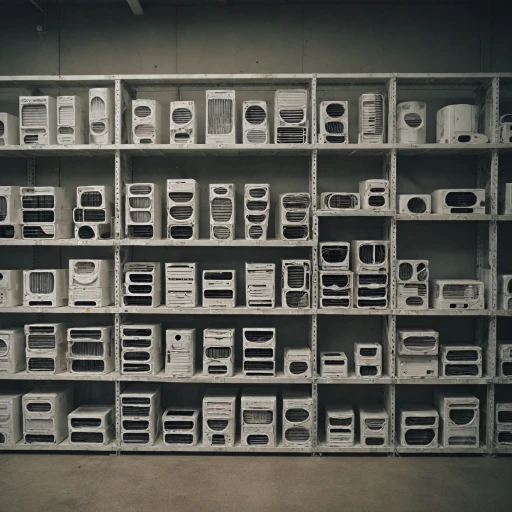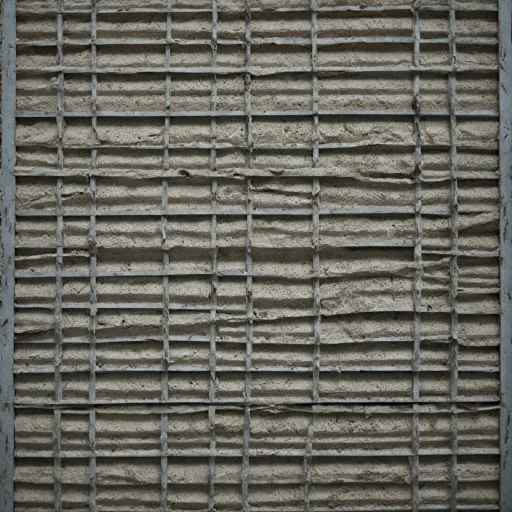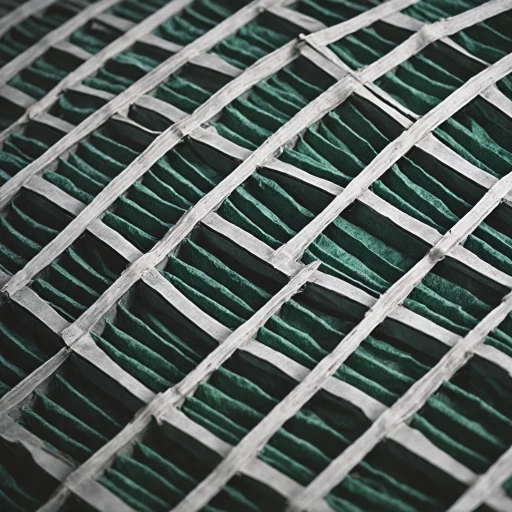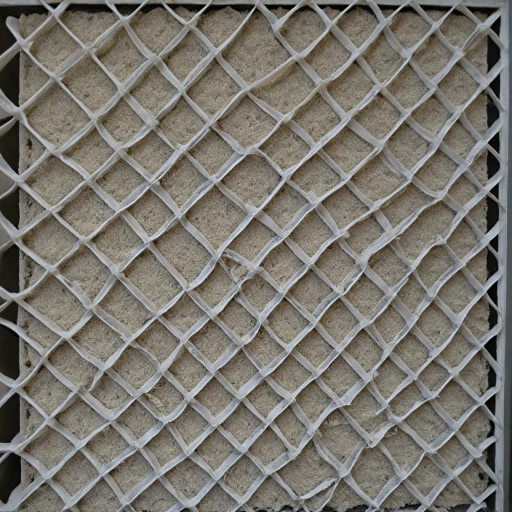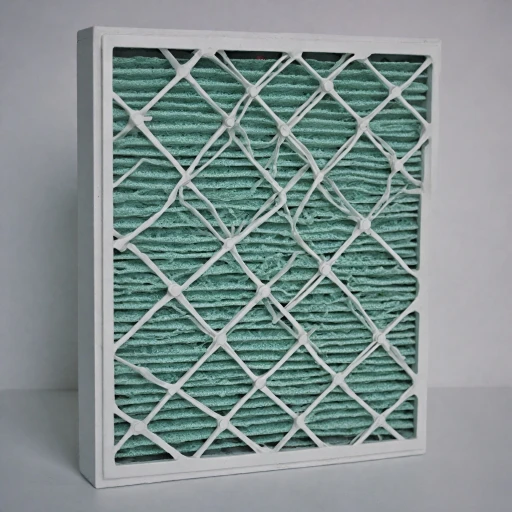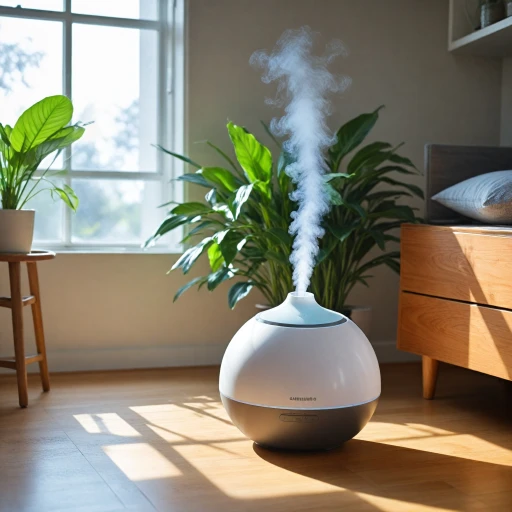
What Are Hood Filters?
Defining the Purpose of Hood Filters
When exploring the realm of air purification within kitchens, especially commercial settings, understanding the role of hood filters is crucial. These components serve an essential function in maintaining clean air by capturing grease, smoke, and airborne particulates. At its core, a hood filter acts as a barrier between the cooking environment and the ventilation system. These filters are pivotal in preventing grease buildup in the exhaust hood and ductwork, thus reducing the risk of fire hazards. Additionally, they play a vital role in ensuring compliance with health and safety regulations. Primarily crafted from durable materials like stainless steel or aluminum, hood filters are designed to withstand high cooking temperatures and varying atmospheric conditions without compromising effectiveness. This durability is especially important in commercial kitchens, where air purification tasks are more demanding. Besides grease filtration, some filters include features such as a spark arrestor, which prevents flames from entering the ductwork. Other filters come with charcoal elements that help eliminate odors to improve the kitchen's ambiance and air quality. By fulfilling these multifaceted roles, hood filters contribute significantly to the performance and safety of ventilation systems within restaurants and other cooking facilities. For a broader understanding of the importance of comprehensive air filtration, this guide on humidification filters in air purifiers offers valuable insights.Types of Hood Filters
Varieties of Filters for Hoods
When exploring air purification options, the type of filter integrated into your system is crucial. Hood filters are no exception, with several varieties catering to different needs and environments. Here's an overview of the main types you might encounter:
- Mesh Filters: Generally made from aluminum or stainless steel, these filters are commonly found in residential range hoods. They trap grease and other particles efficiently, making them a popular choice in both homes and commercial kitchens.
- Baffle Filters: Predominantly used in commercial environments, such as restaurants, baffle filters are crafted from stainless steel or aluminum. They excel in capturing grease and smoke, significantly reducing the risk of fire hazards.
- Charcoal Filters: Ideal for ventless hood systems, charcoal filters specifically aim to neutralize odors, making them a common choice when venting to the outside isn't an option.
- Spark Arrestor Filters: These are critical in environments with a higher risk of fires, as they are designed to prevent sparks from reaching the grease duct, ensuring safety in exhaust systems.
The choice between these filter types depends heavily on the specific needs of your environment and the price range you're considering. Regular monitoring and maintenance are essential for hood filters, as they can directly impact air quality and safety. For more detailed information on the importance of selecting a suitable filter, check out this comprehensive guide on the significance of stove top hood filters.
How Hood Filters Improve Air Quality
Enhancing Air Quality with Hood Filters
Hood filters play an essential role in maintaining improved air quality within various settings, especially in commercial kitchens, restaurants, and even residential spaces. These filters are designed primarily to capture grease, smoke, and particulates produced during cooking. The regular use of materials like stainless steel or aluminum ensures these filters efficiently trap contaminants. Here are several ways hood filters contribute to better air quality:- Capture and Containment: Hood filters, such as stainless steel and aluminum options, are adept at capturing grease particles and preventing them from circulating back into the air. It helps in maintaining cleaner air and reducing odors, which is crucial in settings like restaurants where cooking is frequent.
- Protection for Exhaust and Duct Systems: By preventing grease buildup in the exhaust hood and grease duct, hood filters aid in maintaining the integrity of the air system. This capture and containment strategy not only improves the air but also extends the lifespan of exhaust fans and other components, supporting efficient air circulation.
- Spark Arrestor Properties: Some hood filters come with built-in spark arrestor features that reduce fire risks by preventing sparks from reaching grease deposits and other flammable materials in the exhaust duct.
- Reducing Maintenance Needs: Hood filters that efficiently trap grease and other particles reduce the frequency of hood cleaning and maintenance, ensuring that the air quality remains consistent over time with minimal intervention.
- Potential for Charcoal Filters: In some systems, hood filters may include charcoal components for enhanced odor control. This helps in effectively neutralizing smells, thus optimizing the air quality significantly.
Choosing the Right Hood Filter for Your Needs
Selecting a Hood Filter That Fits Your Requirements
Choosing the appropriate hood filter for your needs involves several factors, each tailored to the specific environment where the hood operates. Here’s a breakdown to aid your selection process:- Material Type: Stainless steel hood filters are durable and resistant to corrosion, making them a popular choice in commercial kitchens. Aluminum options tend to be lightweight but may require more frequent replacements.
- Filter Style: For restaurants with high grease output, steel hood filters are excellent at trapping grease, preventing it from entering the exhaust fan and ductwork. Charcoal filters are preferable if odor control is needed, often used in ventless hoods.
- Size and Configuration: Ensure the hood filter fits well within your exhaust hood for maximum effectiveness. Measurement dimensions such as those used for grease duct setups must be precise.
- Price Considerations: Consider regular and sale prices when purchasing. While stainless steel options might have a higher price, their longevity can result in cost savings over time.
- Purpose: Facilities with fire suppression systems might require specific filters like spark arrestors to ensure compliance with safety standards.
Maintenance Tips for Hood Filters
Effective Maintenance Practices to Ensure Clean Air
Regular maintenance of hood filters is crucial for ensuring optimal performance and prolonging their lifespan. Here's how you can make sure your hood filters continue to contribute effectively to air purification:- Frequent Cleaning: Whether you have stainless steel, aluminum hood filters, or a combination, regular cleaning is essential. How often you clean them can depend on the volume of cooking and the type of food prepared. For high-usage environments like restaurants, weekly cleaning might be necessary.
- Use Appropriate Cleaning Methods: For grease-laden environments, some hood filters can be cleaned using a dishwasher, while others might require manual hand washing. Choose your method based on the material, whether it's stainless steel or aluminum.
- Inspect for Damage: Over time, hood filters like spark arrestors and grease ducts can become damaged or clogged. Regular inspections ensure that any damages are identified quickly. Replace items like charcoal filters if they seem worn out.
- Correct Reinstallation: After cleaning or replacing any filter or accessories, ensure correct reinstallation. Misaligned filters can impair the air-purifying efficacy and can lead to improper exhaust flow.
- Safety First in Commercial Settings: In commercial setups, maintaining accessories like fire suppression systems and exhaust fans is vital. Regularly check that these components work harmoniously with your hood filters for optimal performance.
- Manage Costs Carefully: While maintenance cost may seem significant, remember that replacing filters less frequently saves on expense and helps avoid the higher cumulative price USD over time of new replacements.
Common Challenges with Hood Filters
Overcoming Challenges in Hood Filter Maintenance
Maintaining hood filters ensures efficient air purification, yet several common challenges can arise. Properly managing these issues will help maintain a clean and safe environment, especially in commercial settings like restaurants.- Grease Build-Up: A prevalent challenge, grease can rapidly accumulate on filters, reducing their effectiveness. Regular cleaning is vital to prevent clogs. Opt for stainless steel hood filters as they are durable and easier to clean.
- Wear and Tear: Over time, hood filters, especially aluminum ones, can suffer wear, impacting their performance. Inspect filters regularly to check for any damage and replace them if necessary to ensure optimal performance.
- Compatibility Issues: Selecting the wrong hood filter type can pose challenges in fitting or function. Ensure you are aware of the specifications needed, such as size and material (like aluminum or stainless steel), for your exhaust and makeup air systems.
- Price Concerns: High-quality hood filters, like those made of stainless steel, can be pricey. It is important to balance the upfront cost with the longevity and efficiency they offer, potentially lowering long-term maintenance expenses.
- Spark Risks: In exhaust hoods used in commercial kitchens, sparks can pose fire risks. Hood filters with a built-in spark arrestor can mitigate this, providing additional safety to grease ducts and the overall air system.

